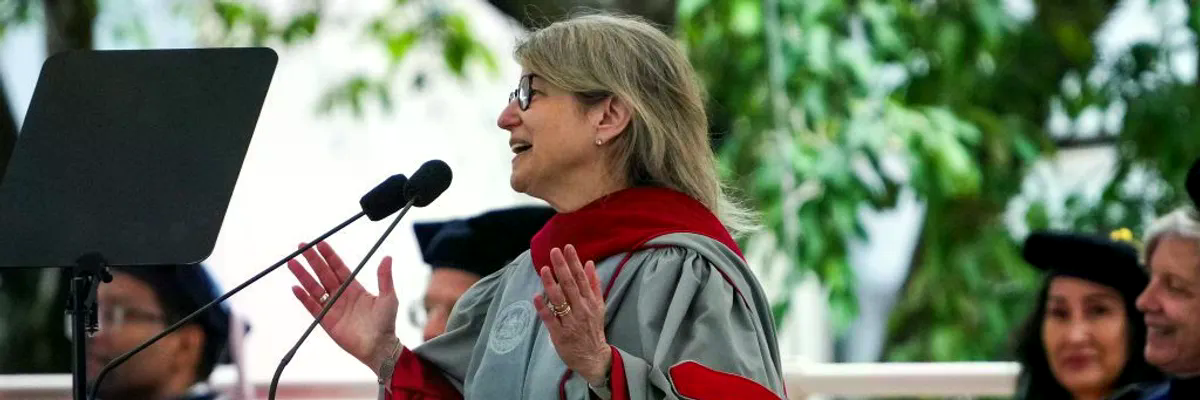
The Massachusetts Institute of Technology (MIT) became the first university to reject President Donald Trump’s “Compact for Academic Excellence in Higher Education,” a proposal that has been criticized as an “extortion” agreement tied to federal funding. The decision marks a significant stance against what some view as an attempt by the administration to influence academic institutions.
MIT, along with eight other universities—University of Arizona, Brown University, Dartmouth College, University of Pennsylvania, University of Southern California, University of Texas, Vanderbilt University, and University of Virginia—were invited to sign the pledge earlier this month. However, MIT chose not to participate, signaling its opposition to the initiative.
Sally Kornbluth, MIT’s president, met with U.S. Education Secretary Linda McMahon earlier this year. On Friday, she published a response to the administration’s letter on the university’s website, outlining MIT’s position. In her statement, Kornbluth emphasized the institution’s commitment to advancing knowledge, educating students, and addressing global challenges while adhering to a set of core values. She highlighted MIT’s dedication to merit-based rewards, inclusivity, and free expression.
Kornbluth also reflected on MIT’s long-standing relationship with the U.S. government, noting that the institution played a key role in establishing a scientific partnership between American research universities and the federal government over eight decades ago. She expressed continued belief in the value of this collaboration, while maintaining that it must remain independent and focused on the public good.
The rejection of the compact was widely praised by members of the MIT community, alumni, and external organizations. Amnesty International USA commended MIT for resisting political pressures and upholding the principles of higher education, including freedom of thought, expression, and discourse. The group argued that the federal government should not interfere with what students can learn or discuss in school, calling such interference a violation of academic freedom.
Todd Wolfson, president of the American Association of University Professors, echoed these sentiments in a statement to The New York Times. He praised MIT for standing up for academic freedom and institutional autonomy, and urged other universities targeted by the administration’s efforts to do the same.
According to reports from the Boston Globe, campus activist groups across various institutions are organizing against the proposed compact. Additionally, the legal organization Democracy Forward has launched an investigation into the administration’s efforts to pressure universities, which is seen as part of a broader strategy targeting entities and individuals who do not align with the administration’s agenda.


